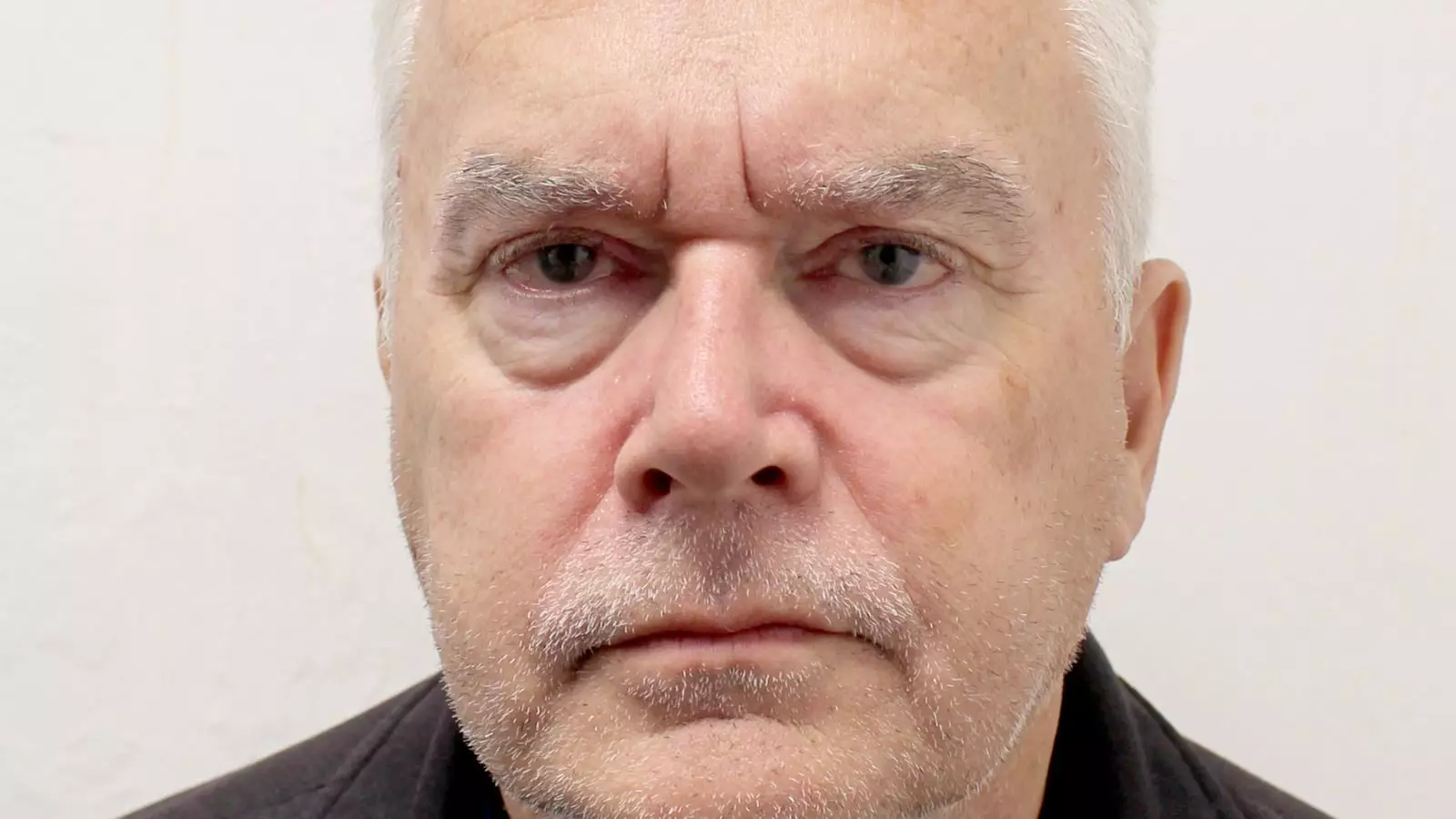The recent sentencing of Huw Edwards has cast a long shadow over the BBC, triggering a series of reactions and discussions that highlight the fragile nature of public trust in media institutions. The director-general of the BBC, Tim Davie, has publicly condemned the crimes committed by Edwards, branding them as “appalling,” and suggested that the broadcaster is still navigating the aftermath of this shocking revelation. As one of the BBC’s highly regarded news presenters, Edwards’ fall from grace not only raises questions about individual accountability but also brings to light broader systemic issues within the corporation.
In the wake of Edwards’ guilty plea to multiple counts of making indecent images of children, Davie has acknowledged that scandals of this magnitude undoubtedly tarnish the BBC’s reputation. During a recent session at the Royal Television Society annual convention, he candidly admitted, “I don’t know yet in terms of the direct impact on trust.” This acknowledgment demonstrates an awareness of the delicate nature of the BBC’s position in public life. Trust is an invaluable asset for any media outlet, and the BBC’s commitment to maintaining that trust is now under scrutiny.
Davie’s response indicates that the institution recognizes the relationship between personnel conduct and public perception. The corporation intends to recover a significant portion of Edwards’ salary, reportedly around £200,000, that was paid during the time the allegations were made. This decision represents a broader effort to reinforce accountability at a time when public empathy is largely directed toward the victims and their families.
The decision to continue paying Edwards until formal charges were brought forth was described by Davie as a reflection of existing BBC policies. This reveals a complex ethical dilemma wherein the corporation had to balance legal protocols against public morality. The reluctance to suspend payment before criminal charges were made may stem from a historical precedence of presumed innocence until proven guilty; however, the fallout raises questions about whether such policies adequately protect the integrity of the organization.
As the details surrounding Edwards’ case unfold, it has become increasingly clear that the BBC must now reassess its policies. The reluctance to act decisively in the face of allegations is now being criticized as an oversight that could have been addressed sooner. The BBC must establish more robust protocols to ensure accountability and transparency, particularly when dealing with allegations of misconduct.
Moreover, the issue is compounded by another brewing controversy surrounding the BBC’s flagship program, “Strictly Come Dancing.” With ongoing investigations into allegations of abuse behind the scenes, the corporation is facing a dual crisis in credibility. Davie stated that the investigation into these claims is nearing its conclusion, yet the lack of immediate transparency leaves the audience, and perhaps the staff, questioning the culture within the corporation.
While the BBC tackles these issues, ongoing discussions are essential to restore confidence among viewers. The past year has seen the institution embroiled in issues that extend beyond the confines of a singular case, revealing a need for introspection at every level of the organizational structure. The situation showcases the pressing necessity for a cultural shift that prioritizes safeguarding individuals, both within the organization and those affected by its workforce.
Conclusion: A Turning Point for the BBC
The BBC is currently at a crossroads, facing not only a public relations disaster but also a pivotal moment that could redefine its operational policies and ethical framework. The Edwards scandal serves as a stark reminder of the repercussions of individual actions on the collective image of a venerable institution. As the corporation strives to navigate these turbulent waters, the hope remains that it emerges from this crisis with a renewed commitment to integrity, accountability, and transparency. The overarching concern for victimized families underscores the urgency for real change, as the BBC seeks to reposition itself as an institution that not only addresses its failures but also actively promotes a safer, more responsible broadcasting environment.

Leave a Reply